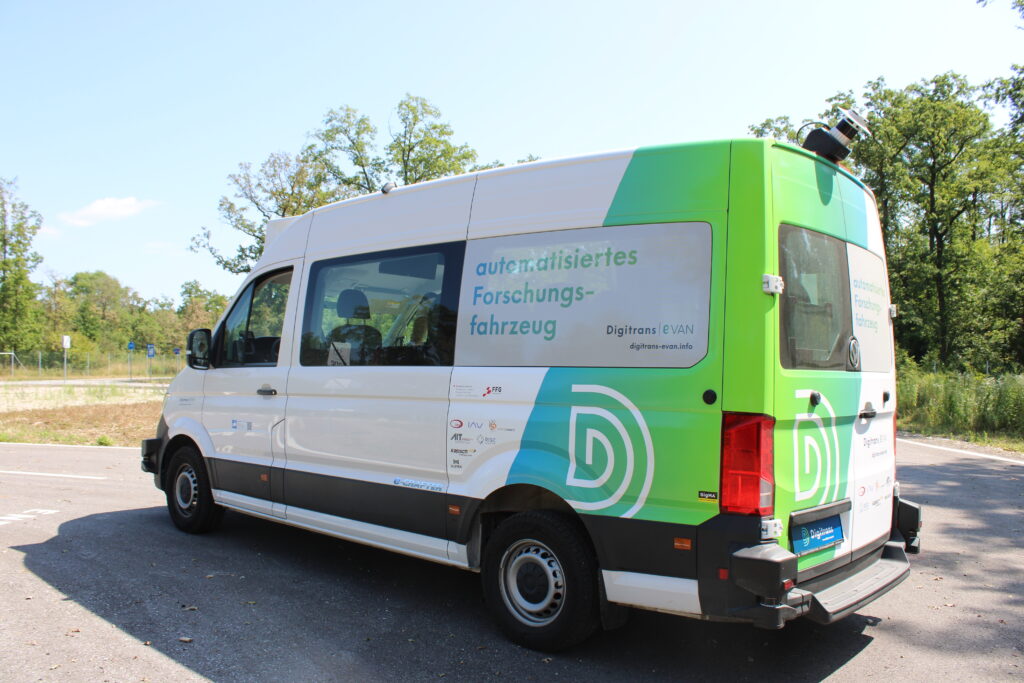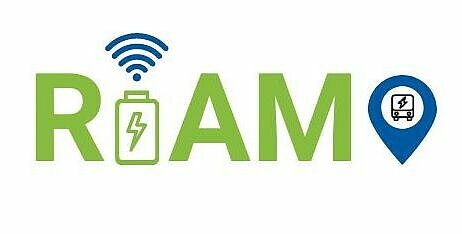Rural Communities Enabled for Integrated Automated Mobility
Automated on-demand shuttle
To ensure the regional mobility and supply guarantee, it will be necessary to transfer automated solutions from test to regular operation. To this end, the developments and technologies of automated passenger and goods mobility must be integrated into our mobility systems and optimized. In this context, high relevance is attributed to automated on-demand mobility services (AMOD). Although AMOD is being tested in increasing numbers worldwide, municipalities cannot yet independently assess their applicability, efficiently introduce and operate them on their own. The RIAMO (Rural Communities Enabled for Integrated Automated Mobility on Demand) project aims to provide rural communities with the necessary methods, tools and prototypes for an integrated and flexible introduction, configuration and operation of AMOD. RIAMO follows the overarching strategic claim to ensure regional mobility guarantees. The project objectives include the development and evaluation of (1) methods for the design of automated on-demand shuttles for regions, (2) interaction and engagement methods for community-oriented and sustainable planning and use of on-demand shuttles. Furthermore, (3) an impact analysis is carried out by modeling and performing real tests of an operational automated state-of-the-art on-demand shuttle with dynamic path planning and automated charging management. Based on a requirements analysis, a mobility concept for the use of regional automated shuttles is being developed. In order to enable a flexible and acceptable integration of an on-demand shuttle in rural contexts, interaction models for context-sensitive transport optimization and for the engagement of the users involved are developed and evaluated in the following.
The developed concepts and models will be integrated and demonstrated in a prototypical shuttle service. The testing takes place in two phases in order to enable a multi-step process of cognition and an iteration of the developed concept and interaction models. Parallel to the demonstration, an impact analysis will be carried out to formulate recommendations for the replication of AMOD in other regional contexts. The project work is continuously accompanied by dissemination activities and the involvement of stakeholders. The main results include a model for context-sensitive transport optimization in view of the regional and technological aspects, digital engagement methods for the participatory involvement of shuttle users int he planning of the service, an integrated demonstrator tested in two phases, as well as an impact analysis for replicability in other communities.
Funding Tool
The project is fundet by the federal ministry republic of Austria Climate Action, Environment, Energy, Mobility, Innovation and Technology within the „Regionen & Technologien Ausschreibung 2022“.





